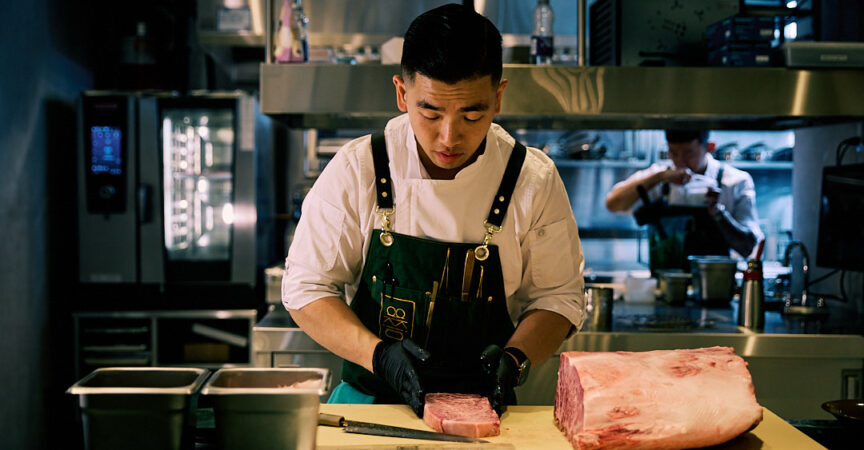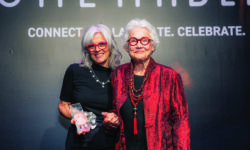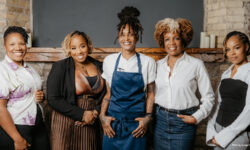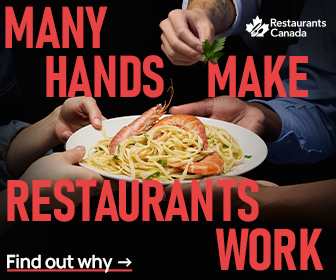The Evolution of Eric Chong: A Bold New Collaboration with Chef Alvin Leung at aKin
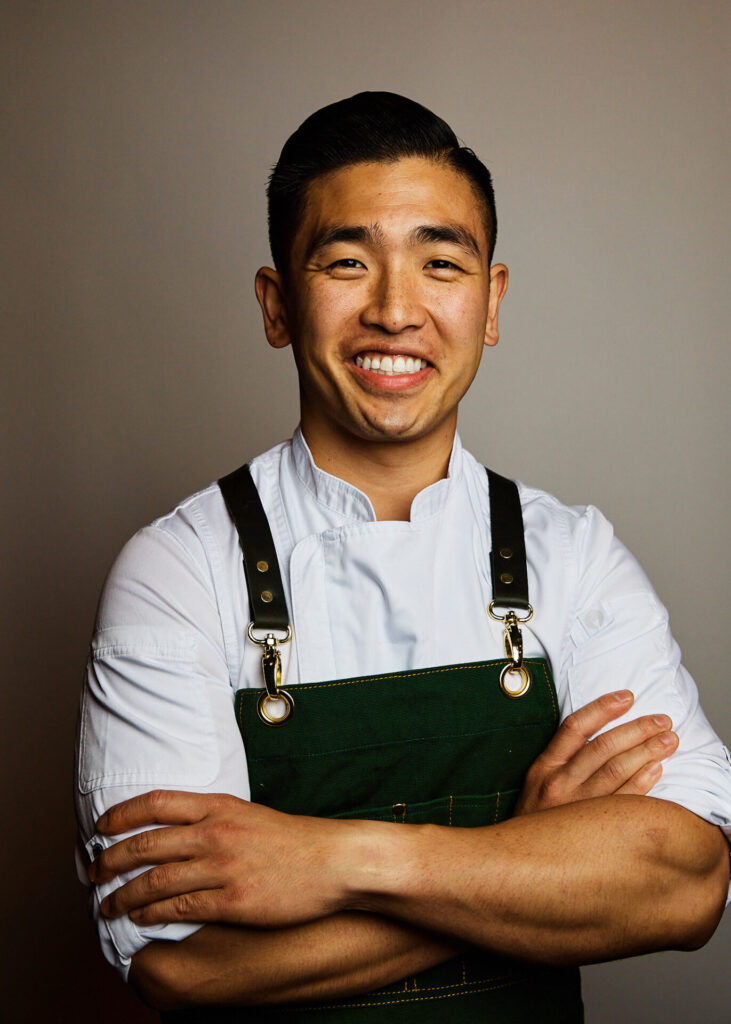
Chef Eric Chong, first-ever MasterChef Canada winner, has carved an inspiring path from chemical engineering to winning the first season of MasterChef Canada to becoming one of Toronto’s most innovative chefs. Having earned success with Asian fusion restaurant R&D in partnership with long-time mentor and collaborator Chef Alvin Leung, in November 2024 the partners opened aKin, a 10-course blind tasting-menu-only restaurant in Toronto’s Old Town.
The space seats just 28 lucky souls with tickets for a journey that harmonizes nostalgic Chinese recipes with modern techniques and jaw-droppingly exquisite presentation. The mature and highly-personalized concept and culinary expression have garnered high praise in the few weeks since the doors have opened, but the most satisfying nod has come from guests with shared cultural heritage—perhaps the most discerning critics.
Taking this interview from the restaurant’s back room, Chef Eric sits in a rare moment of quiet—a brief reprieve from the bustle of the kitchen—and reflects on his journey, challenges, and vision for redefining perceptions of Chinese cuisine.
MENU: Why did you choose a career in foodservice?
Chef Eric Chong: I wouldn’t say I explicitly chose a career in foodservice. I chose a career that let me pursue my passion for cooking. It just so happened that it led me to foodservice. All I knew was that, ever since I was very young, I wanted to cook for a living. I remember being in the kitchen with my grandpa, watching him cook, and feeling this incredible joy. Cooking makes me happy. It’s my art, my craft. It’s the way I express myself. Honestly, I never thought of it as a career at first. I just thought, “I want to cook and do what makes me happy every single day.” The career part sort of found me along the way.
MENU: The story goes that you started out as a chemical engineer…that seems like quite a pivot?
EC: It’s true. I studied chemical engineering, graduated, and worked for six months. But it was soul-depriving. I remember sitting at my desk, looking at spreadsheets, and thinking, “Is this what I’m going to do for the rest of my life?” I wasn’t passionate about it. That same year, I saw casting calls for the first season of MasterChef Canada. I didn’t think too much of it; I just thought, “Why not?” My parents were skeptical. They were like, ‘Sure—do it, but don’t expect anything’.” Then I ended up winning, which was surreal. That win gave me the confidence and the family support I needed to pursue cooking full-time. Honestly, if I hadn’t won, I don’t know if I’d have had the courage to take the leap.
MENU: How has your participation in MasterChef Canada impacted your career?
EC: Even today, I’m still called a ‘home cook’ in the industry because of MasterChef. That label sticks, and it’s something I’ve had to fight against. Some people assume that because I came up from a TV show, I don’t have the same skills or experience as someone who came up through traditional kitchens. It’s frustrating, but it’s also motivated me to work harder. I’ve spent years proving that I’m not just a ‘TV chef.’ The show opened doors—no doubt—but it’s been on me to walk through them and earn respect in the industry. From the outside, it might look like I started at the top, but behind the scenes, it’s been a grind to prove myself every step of the way.
MENU: You were just 21 when you first encountered Chef Alvin Leung during MasterChef Canada, where he is a long-time judge. Since then, you’ve opened two restaurants together. How has your relationship evolved?
EC: My relationship with Alvin has been one of the most transformative parts of my career. At first, he was my mentor, and I treated his word like gospel. Whatever he said, I did.
After MasterChef, he took me to Hong Kong and introduced me to Michelin-starred cuisine. That experience blew my mind. I was this kid who had never even imagined food on that level. Those first few years were all about learning and absorbing. Over time, our relationship evolved. As I gained more experience, we started collaborating. Now we bounce ideas off each other like colleagues.
Alvin taught me to be bold, to think outside the box, and to trust my instincts. He’s still a mentor, but he’s also a friend. He’s someone I can call when I need advice or when I just want to talk shop.
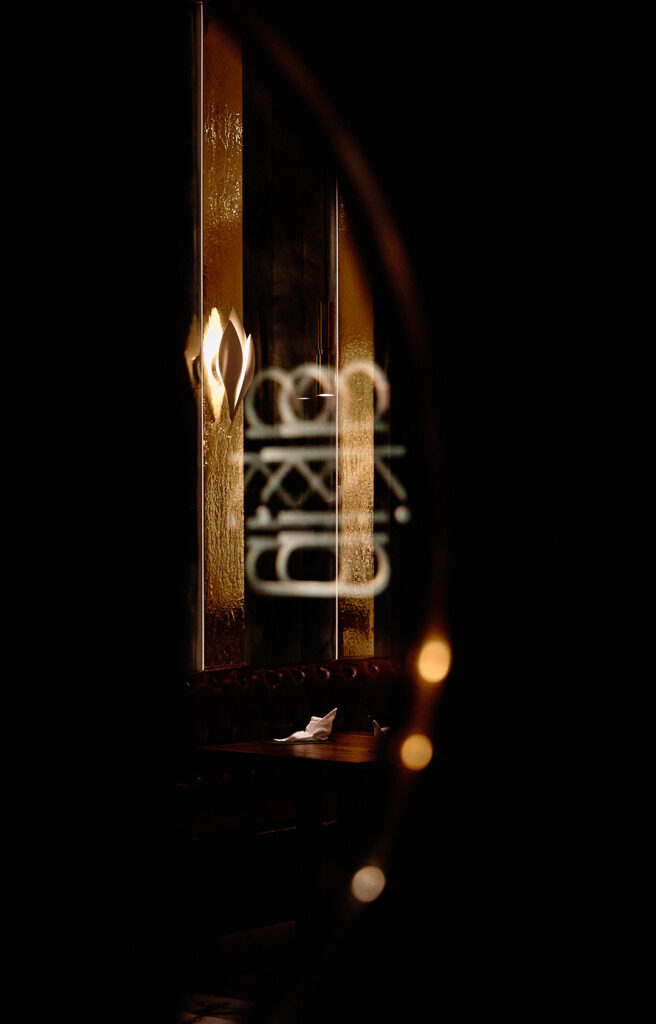
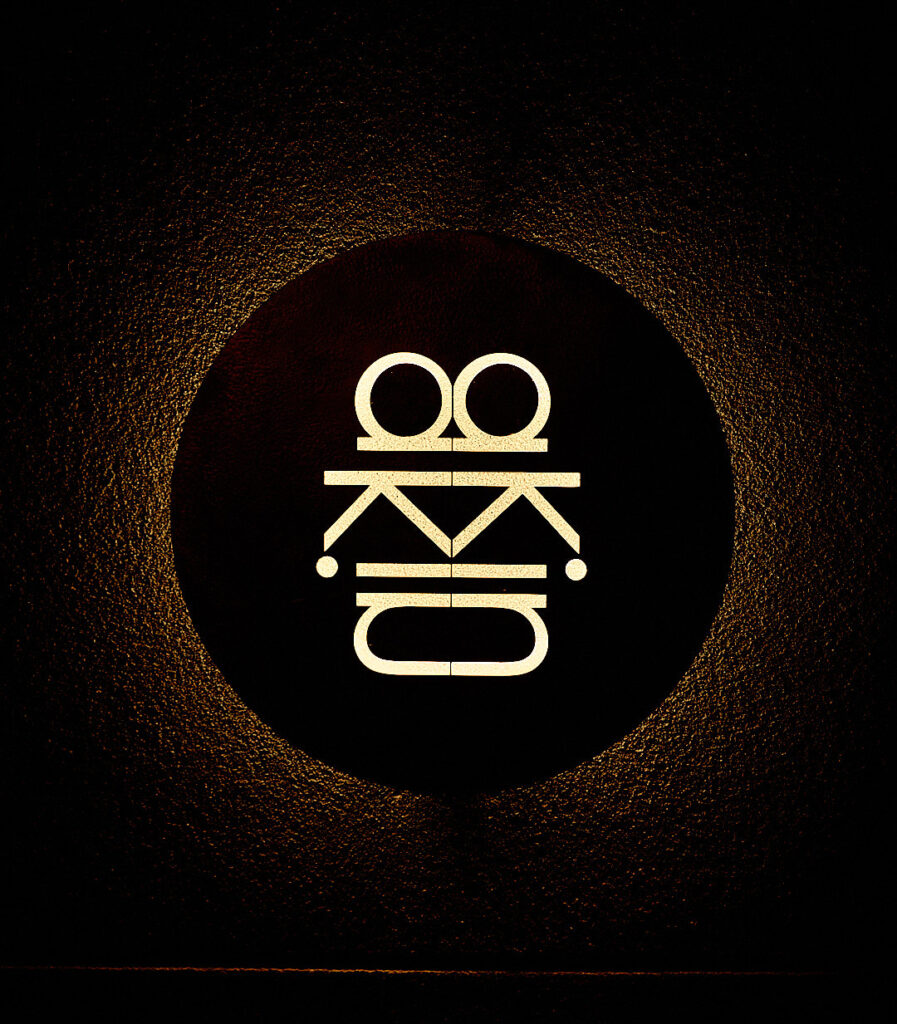
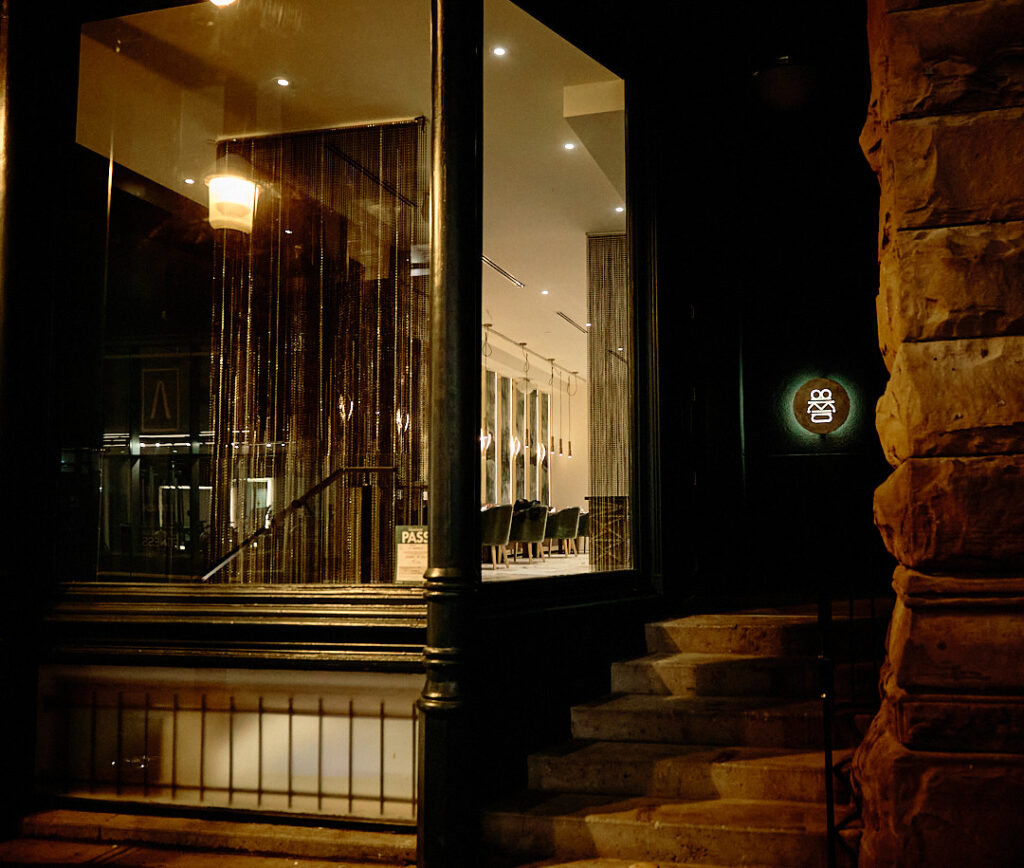
MENU: What challenges have you faced as a chef and business owner?
EC: The biggest challenge wasn’t the cooking part—that’s the easy bit. The hard part has been managing people. Nobody prepares you for that. In a kitchen, you’re dealing with so many different personalities. Some people are super driven, others need more encouragement, and then there are the more complex personalities with personal challenges. You have to figure out how to connect with each person and get the best out of them. The old-school way of screaming at people doesn’t work anymore. You have to lead with empathy and inspire your team.
Consistency is another huge challenge. It’s not enough to have a great opening or a great week—you have to deliver excellence every single day. That kind of pressure is relentless, but it’s also what keeps me striving to be better.
MENU: How would you describe the planning and process of opening aKin?
EC: Opening aKin was one of the hardest things I’ve ever done. It was a proper labour of love. We were supposed to open in August, but delays pushed us to November. That meant months of uncertainty.
My team had left their previous jobs to work here, and I felt this enormous responsibility to them. Every delay felt like I was letting them down. When we finally opened, it was a mix of relief and exhilaration. I’ve poured everything into this restaurant—my time, my energy, my heart. I’ve spent more hours here than I’ve spent at home with my family. That’s the reality of this industry. But seeing people come in and experience what we’ve created makes it all worth it. To be profitable in our first month was an incredible achievement, especially given all the challenges we faced.
MENU: After all of that, what has been the guest reaction to the aKin experience?
EC: The reactions have been amazing. We have such a great, immersive chef’s counter where I get to really engage with the guests and see their reactions. It’s one of my greatest joys to see Asians eat the food and be like, “I totally get it. These are such nostalgic flavours that I haven’t had in so long.” To me, that’s the greatest compliment. While the dish is reimagined, they understand what I’m trying to do because they have a similar upbringing and there’s no other restaurant in Toronto that’s going to give them that feeling.
On the flip side, non-Asians come and dine in the restaurant and they’re just like, “Man…this tastes really good. This is pretty dope, Asian food.” That’s it. That’s the best of both worlds. You can have people who don’t understand the story at all and don’t have any ties or relations to the food, but they love it, and you can have those who actually resonate with the storytelling with the history and with the nostalgia. That’s perfect.
One of the most rewarding moments is when Asian, specifically Chinese, guests tell me, “These flavours remind me of home, but they’re presented in a way I’ve never seen before.” That’s exactly what I want to do—take nostalgic flavours and reimagine them. For example, one of my favourite dishes is this caviar-topped, “bougie chicken nugget.” It’s inspired by my grandfather, who used to take me to McDonald’s when I was a kid. That dish is a tribute to him and to those simple, happy moments, and so many of my Asian guests relate to those childhood moments when going to McDonald’s was such a big thing.
It’s more than food—it’s a story. That’s what I want—every dish at aKin to be: a story.
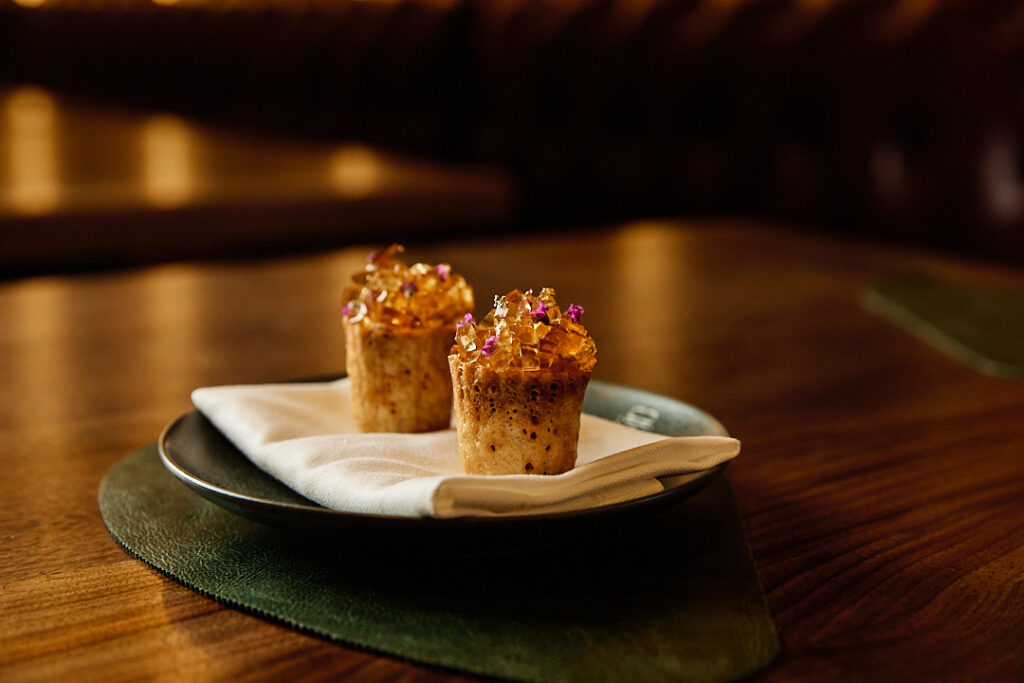
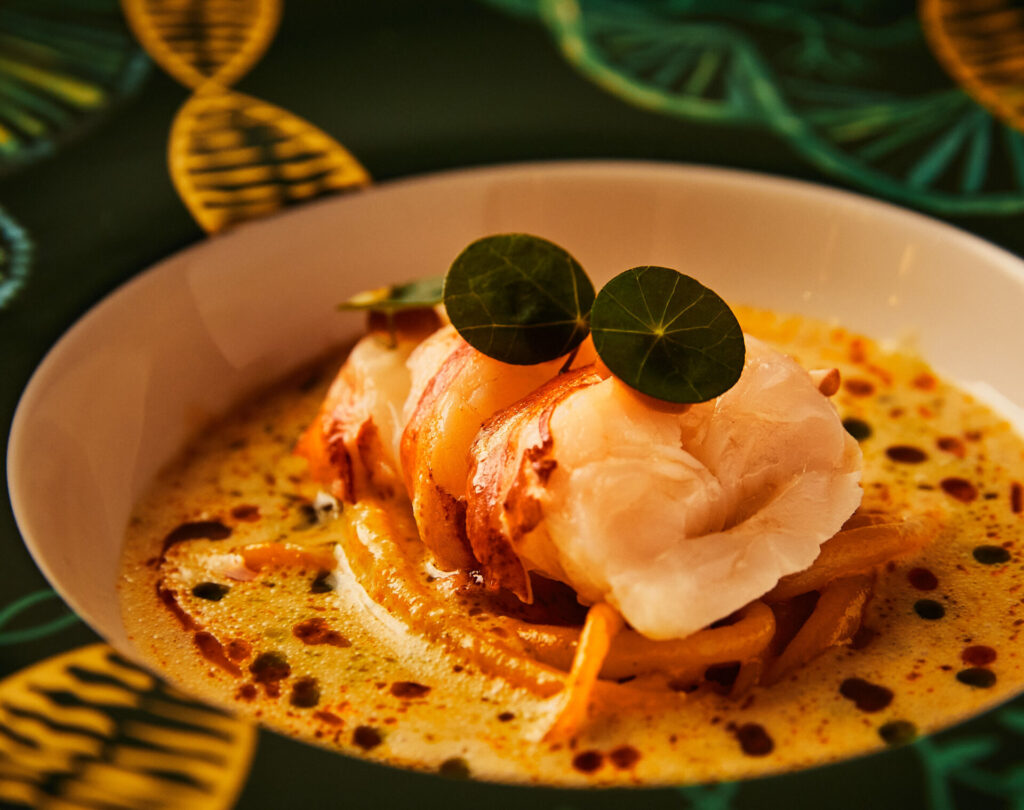
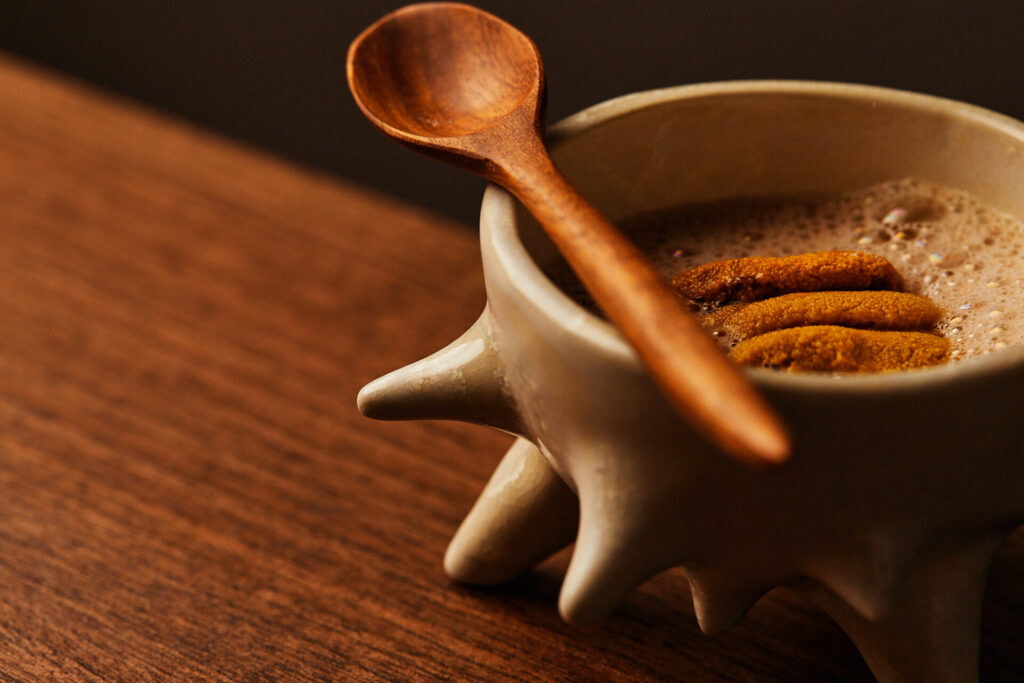
MENU: You’ve encountered some skepticism about the idea of “Chinese fine dining.” How do you address that?
EC: There’s definitely a stigma around Chinese cuisine—it’s expected to be cheap. But why? French, Italian, and Japanese cuisine can all command high prices, so why not Chinese?
At aKin, we’re trying to change that perception. What we’re offering isn’t your typical Chinese food. It’s a tasting menu that blends tradition with innovation. Every dish is crafted with the same attention to detail you’d find at any high-end restaurant. It’s not about comparing prices with Chinatown—it’s about offering a unique, elevated experience. I know it’s an uphill battle, but I believe we’re making progress. The more people experience what we’re doing, the more they understand the value.
I think slowly the world is starting to perceive Chinese cuisine differently because, let’s face it, it’s what everybody wants. That’s why you see it sprinkled in so many other restaurants that aren’t even Asian.
MENU: If you could give advice to your younger self or aspiring chefs, what would it be?
EC: I’d tell my younger self to brace for the sacrifices. This industry demands everything from you—your time, your energy, your relationships. It’s not an easy life, but if you’re truly passionate about it, it’s worth it.
For aspiring chefs, I’d say this: don’t do it unless you love it with every fibre of your being. You have to be all in. There’s no ‘half-assing’ it in this business. But if you’re willing to put in the work, the rewards are incredible. There’s nothing else like it.
MENU: Opening a restaurant is a 24/7 whirlwind, yet you managed to find the time within that chaos to join Restaurants Canada. Why?
EC: This industry is tight-knit. Being part of Restaurants Canada is about connecting with others who share the same passion and challenges. It’s also about giving back.
I’ve been fortunate to have mentors and opportunities that have shaped my career, and I want to pay that forward. Supporting the next generation of chefs and restaurateurs is important to me. We’re all in this together, and I believe in building a stronger industry for everyone.
To experience Chef Eric’s culinary vision firsthand, reserve your spot at aKin by visiting www.akintoronto.com.
Follow aKin and Chef Eric Chong on Instagram: aKin: @akin.toronto | Chef Eric Chong: @wok_lobster



